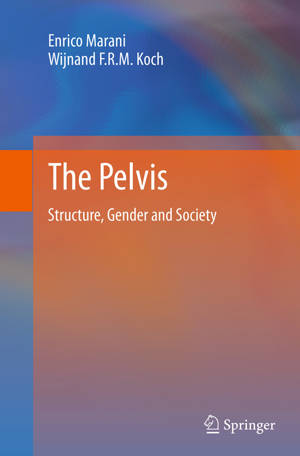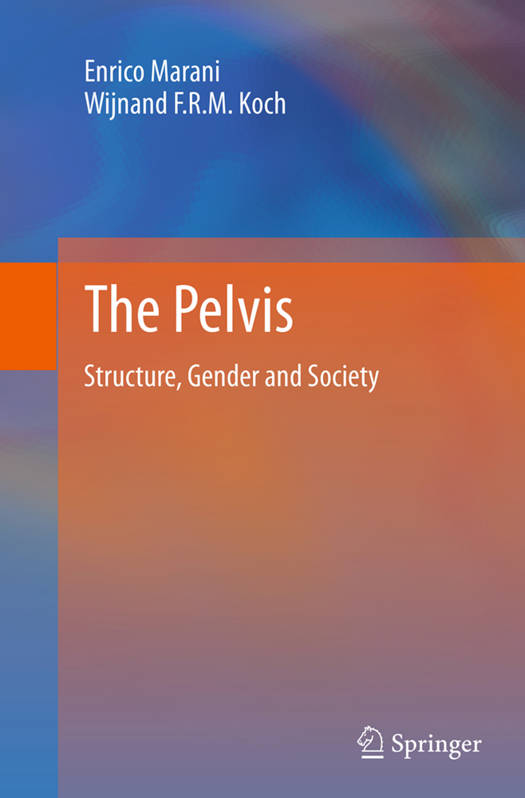
- Retrait gratuit dans votre magasin Club
- 7.000.000 titres dans notre catalogue
- Payer en toute sécurité
- Toujours un magasin près de chez vous
- Retrait gratuit dans votre magasin Club
- 7.000.000 titres dans notre catalogue
- Payer en toute sécurité
- Toujours un magasin près de chez vous
Description
This book offers a critical review of the pelvic sciences--past, present and future--from an anatomical and physiological perspective and is intended for researchers, medical practitioners and paramedical therapists in the fields of urology, gynecology and obstetrics, proctology, physiotherapy, as well as for patients.
The book starts with a "construction plan" of the pelvis and shows its structural consequences. The historical background of pelvic studies proceeds from medieval and early Italian models to the definitive understanding of the pelvic anatomy in the Seventeenth century. During these eras of pelvic research, concepts and approaches developed that are illustrated with examples from comparative anatomy and from mutations, also with regard to the biomechanics of pelvic structures. Perceptions of the pelvis as an important element in sexual arousal and mating conduct are discussed, as well as attitudes to circumcision, castration and other mutilations, in its anthropological, social context.
The anatomy and physiology of the pelvic wall and its organs as well as the development of these pelvic organs are covered as a prerequisite to understanding, for example, the spread of pelvic carcinoma and male and female bladder muscle function. Connective pelvic tissue is examined in its reinforcing capacity for pelvic structures, but also as a "hiding place" for infections. Innervations and reflexes relayed through the pelvic nerves are discussed in order to explain incontinence, sphincter function and the control of smooth and striated muscles in the pelvis.
Catheters and drugs acting on pelvic function are described, and a critical review of alternative clinical methods for treating pelvic dysfunctions is provided.
Spécifications
Parties prenantes
- Auteur(s) :
- Editeur:
Contenu
- Nombre de pages :
- 558
- Langue:
- Anglais
Caractéristiques
- EAN:
- 9783662524602
- Date de parution :
- 03-09-16
- Format:
- Livre broché
- Format numérique:
- Trade paperback (VS)
- Dimensions :
- 156 mm x 234 mm
- Poids :
- 798 g







